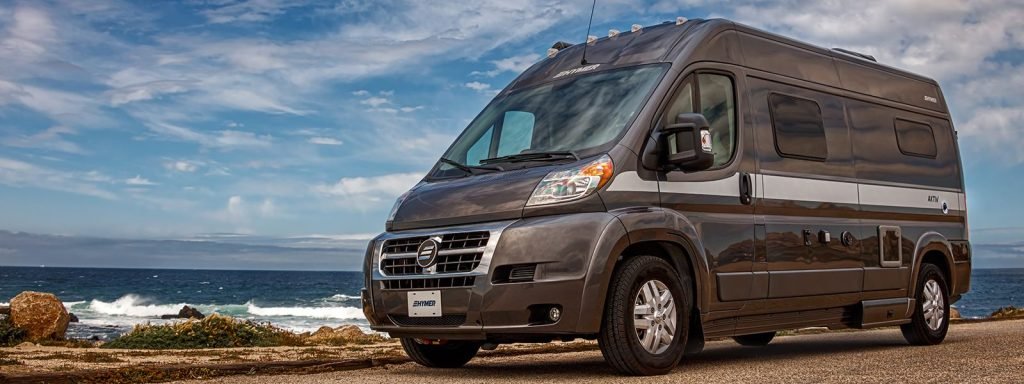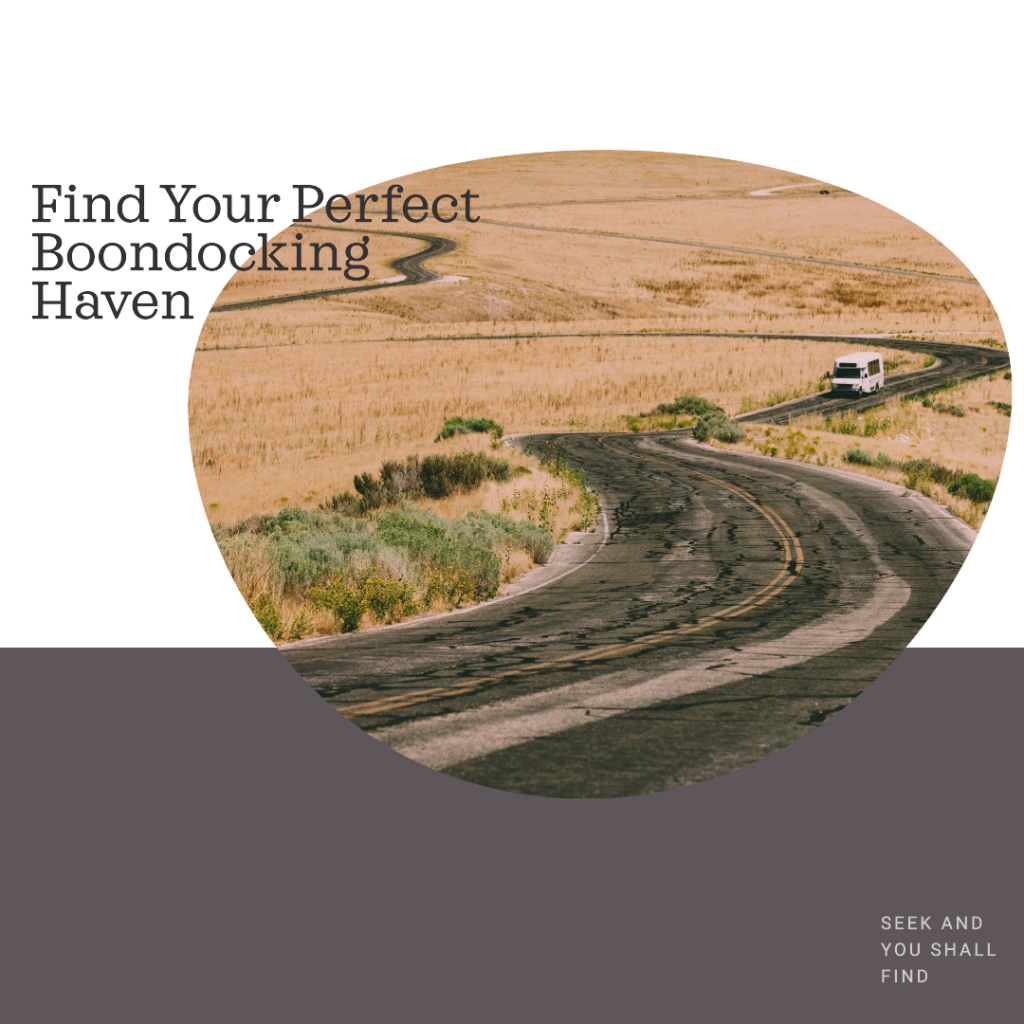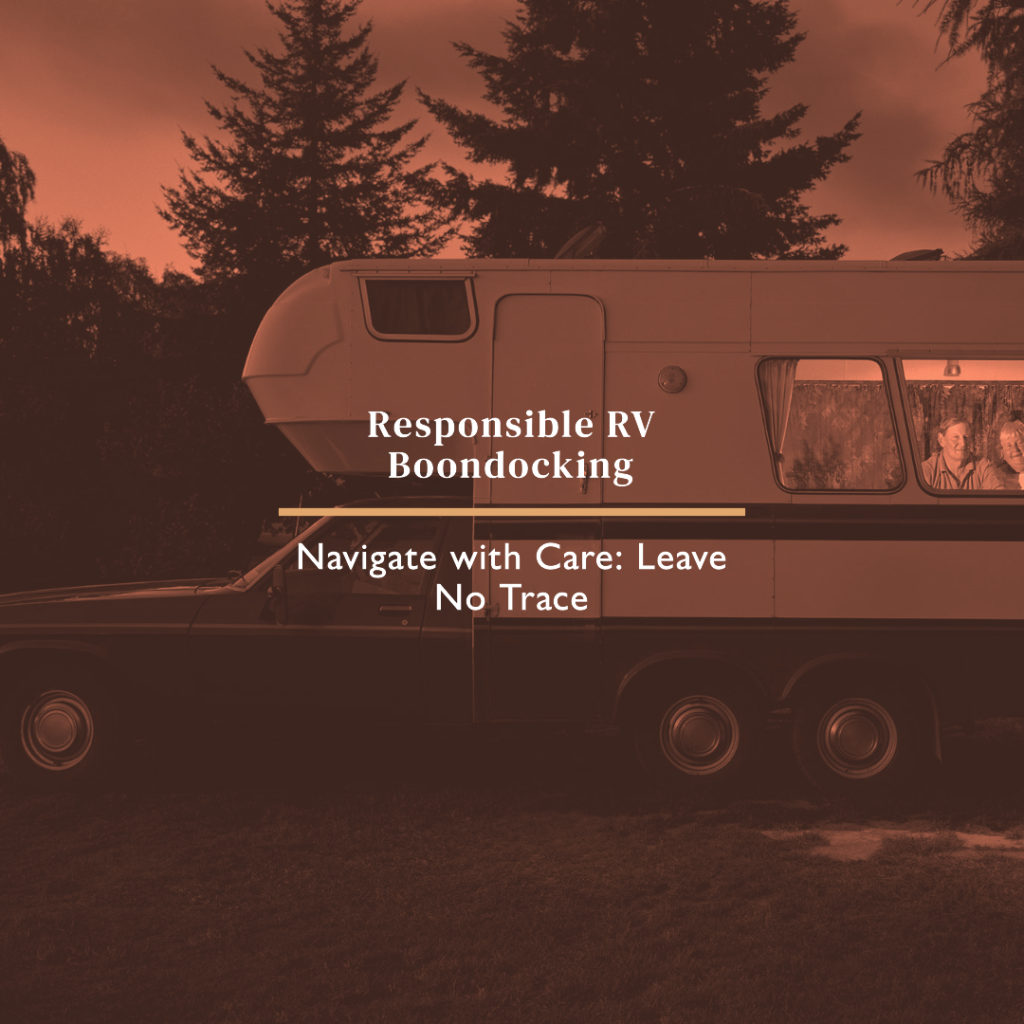
The Ultimate Guide to Free Camping Adventures
Have you ever felt the asphalt thrumming beneath your tires as the open road unfurls before you? That sun-warmed windshield framing endless landscapes, the wind whispering secrets through the pines, the RV humming a steady lullaby of exploration. The lure of the adventure highway is undeniable, but the whisper of campground fees can dampen the thrill.
But what if there was a way to experience the magic of RV travel without breaking the bank? A way to trade crowded campgrounds for starry solitude, ditching hookups for the thrill of self-sufficiency. Enter boondocking, the adventurous soul’s secret to unlocking hidden corners of nature, all from the comfort of your rolling home.
This isn’t just about saving money, though that’s definitely a perk. Boondocking is about rediscovering the raw beauty of the outdoors, a symphony of crackling campfires under endless skies, the thrill of seeking your own perfect off-grid oasis. It’s about ditching the digital distractions and rediscovering the joy of silence, the rhythm of nature replacing the ping of notifications.
Of course, the path less traveled doesn’t come without its own challenges. Planning, resourcefulness, and a touch of ingenuity become your essential companions. But fear not, for within this guide, you’ll find the secrets to navigating the exciting world of boondocking. From choosing the perfect spot to mastering the art of off-grid living, we’ll equip you with the knowledge and confidence to embark on your own unplugged adventure.
So, buckle up, fellow adventurer. It’s time to dust off your RV, embrace the whispers of the wild, and discover the freedom that awaits on the uncrowded paths less traveled. Let’s explore the world, one boondocking haven at a time.
What is Boondocking?
Ever heard of “glamping,” the fancy term for glamorous camping? Well, boondocking is like the rebellious cousin who loves ditching the glitz and embracing the raw beauty of nature. Picture this: trading manicured campgrounds for sun-dappled wilderness, swapping electrical hookups for starlit skies, and replacing the hum of generators with the whisper of wind through the trees. That’s the essence of boondocking, also known as “dry camping,” in your RV. To understand more about boondocking, you can visit Outdoorsy
No fancy frills, just you, your trusty rig, and the great outdoors. Forget worrying about plugging in or emptying tanks; boondocking is all about self-sufficiency. You become your own mini-oasis, managing resources like water, power, and waste with a sense of adventure and a dash of ingenuity. For insights on how to manage resources while boondocking, The Dyrt offers useful information.
But this isn’t just for budget-conscious backpackers (though the savings are pretty sweet!). Boondocking has a unique charm that appeals to a diverse crew:
- Nature lovers: Imagine waking up to a panorama of untouched landscapes, mountains kissing the horizon, and the symphony of birdsong replacing your morning alarm. For finding great nature spots for boondocking, Campendium is an excellent resource.
- Minimalists: Embrace the joy of decluttering your digital and physical worlds, rediscovering the simple pleasures of a campfire, a good book, and the company of loved ones (or maybe just yourself and the crickets). For tips on minimalist boondocking, you can check out Getaway Couple.
- Free spirits: Forget reservations and schedules. Boondocking is about spontaneity, finding your own hidden havens, and charting your own course through the wilderness. For those looking to explore this lifestyle further, Roadtrippers provides some great insights.
So, boondocking isn’t just about saving money – it’s about reclaiming freedom, reconnecting with nature, and living life on your own terms. It’s about whispering “goodbye” to the ordinary and embracing the extraordinary, one gravel road at a time.
Benefits of Boondocking in Your RV
Ready to ditch the crowded campgrounds and exorbitant fees? Boondocking isn’t just about saving money, it’s about unlocking a treasure trove of hidden benefits that elevate your RV adventures to a whole new level. Buckle up, because we’re about to dive into the joys of off-grid living:
1. Unleash Your Inner Treasure Hunter: Forget hefty campground bills! Boondocking lets you claim the open road as your playground without emptying your wallet. Imagine breathtaking landscapes for the price of…nothing! Public lands, hidden gems, and secluded corners of nature, all free for the taking. You’ll become a master bargain hunter, uncovering priceless moments without breaking the bank. For more on the cost-saving aspect, check out RVshare.
2. Escape the Madding Crowd: Forget the symphony of generators and the chorus of screaming kids. Boondocking whisks you away to a haven of peace and quiet. Imagine waking up to the serenade of birdsong, breathing in crisp air untainted by exhaust fumes, and gazing at endless starry skies free from artificial light. Reconnect with yourself and the tranquility of nature, where silence is the sweetest symphony. For more on the peaceful solitude of boondocking, visit Living Tiny With A Wolf.
3. Embrace the Raw Beauty: Ditch the manicured lawns and pre-fabricated amenities. Boondocking throws you into the arms of Mother Nature, raw and unfiltered. Picture snow-capped mountains reflected in glassy lakes, ancient forests whispering secrets in the wind, and sunrises painting the sky in glorious hues. This isn’t just scenery, it’s an immersive experience that leaves you breathless and refreshed. Discover the scenic beauty of boondocking at Boondock or Bust.
4. Be Your Own Captain, Chart Your Own Course: Tired of being tethered to schedules and reservations? Boondocking liberates you! Unhook the chains of campsites and explore the country on your own terms. Discover hidden trails, stumble upon forgotten waterfalls, and find your own off-grid paradise. The road is your map, your RV your trusty vessel, and the horizon your destination.
5. Simplify, Breathe, Repeat: In the age of constant connection, boondocking offers a digital detox like no other. Power down your devices, disconnect from the noise, and rediscover the joy of simplicity. Read a book under a starlit sky, tell stories around a crackling fire, and reconnect with the people who truly matter. Breathe in the fresh air, let go of the digital burden, and rediscover the joy of living in the present moment. For tips on managing resources while boondocking, see RV Love.
These are just a taste of the incredible benefits that await you on the boondocking path. It’s about more than just saving money; it’s about embracing freedom, reclaiming your connection with nature, and rediscovering the simple joys of being alive. So pack your bags, fill your tank, and prepare to unlock the magic of off-grid adventures. The open road awaits!
Before You Hit the Dirt Road: Preparing for Boondocking Bliss
Boondocking may whisper freedom, but a little preparation before you set off ensures your adventure hums with harmony, not headaches. Think of it as your secret handshake with the wilderness, ensuring you leave nothing but footprints and take away only memories. So, before you pack your bags and fire up the engine, let’s get you geared up for an unforgettable off-grid odyssey:
1. Know Your Limits, Respect the Rules: Not all wilderness welcomes RVs with open arms. Research local regulations and restrictions beforehand. Are there designated boondocking zones? Are fire restrictions in place? Understanding the rules avoids awkward fines and helps protect the wild spaces you came to enjoy. RV Share and RV With Tito provide insights into these aspects.
2. Gear Up for Off-Grid Living: Think of your RV as a self-sufficient oasis. Pack enough water storage for your needs, considering cooking, sanitation, and hydration. Solar panels and a reliable inverter help keep your lights bright and gadgets humming. Waste management solutions like portable toilets and biodegradable wipes become your new best friends. Don’t forget safety essentials like a first-aid kit, fire extinguisher, and reflective gear for nighttime walks. For more information on essential gear and power needs, Living Tiny With A Wolf offers great advice.
3. Chart Your Course with a Compass: Don’t just hit the gas and hope for the best! Plan your route based on accessible locations with designated boondocking spots. Consider weather conditions, road closures, and fuel availability. Remember, Google Maps may not always recognize your secluded paradise, so offline maps or GPS devices are your allies. Beyond The Tent and Cruise America can help you plan your route.
4. Pack Smart, Live Simply: Pack enough food, water, and supplies for your entire trip, with a little extra for unexpected delays. Remember, boondocking means you won’t find a grocery store around every corner. Prioritize versatile ingredients, durable cookware, and non-perishables for meals that fuel your adventures. For meal planning and cooking tips, RV Blogger is a helpful resource.
5. Leave No Trace, Be a Wilderness Whisperer: Treat the outdoors with respect and leave it even better than you found it. Pack out all your trash, dispose of wastewater responsibly, and be mindful of fire regulations. Minimize campsite disturbance and avoid using generators at night to let the symphony of nature take center stage. National Park Trippers offers guidance on leaving no trace.
By following these simple steps, you’ll turn your boondocking trip into a harmonious blend of adventure and responsibility. Remember, you’re not just a visitor in the wilderness; you’re a guest, and respectful guests always leave with fond memories and footprints that fade with the wind.
Cracking the Code: Finding the Perfect Boondocking Spot
Ah, the thrill of the hunt! Finding the ideal boondocking spot is half the adventure, and with a little savvy, it can be just as rewarding as reaching your destination. Forget cookie-cutter campgrounds; we’re about to unleash a treasure trove of off-grid hideaways:
1. Embrace the Wild Spirit of Public Lands: National forests, BLM land, and state parks often offer vast expanses for your RV to call home. For information on dispersed camping regulations in your chosen area, including national forests and BLM lands, refer to Campnado and the Bureau of Land Management.
2. Knock on the Door of Hospitality: Don’t shy away from private land! Reach out to farmers, ranchers, or even rural homeowners. Offer a helping hand with chores, gardening, or just a friendly conversation in exchange for a temporary haven. You might be surprised at the welcoming arms you encounter.
3. Think Outside the Campground Box: While rest stops, truck stops, and some Walmarts offer overnight parking, it’s essential to abide by their specific regulations. For more on dispersed camping, including on public and private lands, see Backcountry.
4. Befriend the Digital Mapmakers: Utilize boondocking apps like Freeroam, freecampsites.net, and iOverlander for finding spots. These apps offer user-reviewed spots and real-time updates on campsite availability.
5. Trust Your Instincts, Respect the Land: When using online resources, also trust your intuition to find level and accessible ground. Leave no trace to ensure these spots remain available for future generations. For guidelines on camping responsibly in national forests, refer to the comprehensive guide on The Dyrt.
Finding the perfect boondocking spot is about more than just location; it’s about respecting the land, embracing the unexpected, and tapping into your own sense of adventure. So, grab your map, download those apps, and prepare to unveil hidden oases and forge memories that will last a lifetime. The wilderness awaits, and your perfect boondocking haven is just waiting to be discovered.
Safety and Legality: The Compass Guiding Your Boondocking Adventure
Freedom and adventure are the hallmarks of boondocking, but like any exploration, it’s vital to navigate with a compass of safety and legal awareness. Remember, the wilderness deserves respect, and by following these key points, you’ll ensure your off-grid experience is one of wonder, not worry:
1. Stay Sharp, Stay Safe: For wildlife encounters and safety tips, especially in areas with bears or other large animals, consider including information from Blue Ridge Outdoors Magazine, which offers advice on avoiding wildlife encounters during camping. They cover essential tips like eliminating odors from food and supplies, which can attract bears, and keeping pets on a leash to avoid wildlife interactions.
2. Respect the Rules, Respect the Land: For understanding local camping regulations and permit requirements, it’s important to research the specific area you’re planning to visit. CampingComfortably provides useful tips on respecting wildlife and maintaining a safe distance, which is crucial for both respecting the land and adhering to rules.
3. Leave No Trace, Pack Out Every Trace: Emphasizing the importance of leaving no trace is crucial for conservation. Integrating information from sources like Roofnest, which discusses proper food and trash storage to prevent attracting wildlife, would be relevant. This aligns with the principle of minimizing impact on the environment.
4. Be a Good Neighbor, Share the Open Road: Remember, you’re not the only one seeking solace in the wild. Respect the privacy of fellow campers, maintain reasonable noise levels, and share the trails and overlooks with a smile. After all, boondocking is a community, and a little courtesy goes a long way in preserving the peaceful spirit of the open road.
By embracing these principles, you’ll ensure your boondocking adventures are not only thrilling but also responsible and respectful. Remember, safety and legality aren’t restrictions; they’re the guideposts that keep you, the land, and your fellow adventurers safe and happy. So, pack your compass of responsibility, set your course for wonder, and embark on boondocking journeys that leave only footprints and lasting memories.
Making the Most of Your Boondocking Adventure
Boondocking isn’t just about saving money or escaping the crowds; it’s about unlocking a treasure trove of experiences that enrich your soul and reconnect you with the magic of nature. So, once you’ve found your perfect haven, it’s time to dive into the heart of the adventure and truly make the most of it:
1. Breathe Deep, Disconnect Deeply: For insights on disconnecting and being present in nature, you can reference Attean Lake Lodge’s suggestions on Disconnect to Reconnect: Being Present in Nature. They emphasize the importance of stepping away from technology and immersing yourself in nature’s rejuvenating environment. This aligns perfectly with the idea of embracing the simplicity and joy of unplugging in the wilderness.
2. Unleash Your Inner Explorer: Highlighting the benefits of outdoor activities and the impact on mental and physical well-being, you could link to The Art of Disconnecting: How to Unplug and Recharge in Nature’s Splendor. This blog discusses the importance of setting boundaries from technology and engaging in activities like hiking, biking, and bird watching to reconnect with nature.
3. Gather Around the Crackling Flame (where allowed): For practical advice on responsible fire safety and the joys of campfire gatherings, consider including information from resources like Dave’s Gear Guide on the benefits of disconnecting and practicing mindfulness in nature. This source covers the mental and emotional rejuvenation that comes from stepping into nature and disconnecting from digital distractions.
4. Be a Part of the Boondocking Tribe: To emphasize the importance of community in the boondocking experience, a link to a resource like Deschutes Land Trust’s 10 Ways to Reconnect with Nature could be insightful. This guide offers practical tips on connecting with others and the natural world, promoting a sense of community and shared experience in nature.
5. Give Back to the Gift of Nature: The wilderness has welcomed you with open arms; show your gratitude by giving back. Volunteer with local conservation organizations, clear a trail, plant a tree, or pick up any trash you encounter. Remember, protecting these hidden havens ensures future generations can experience the same magic. Be a steward, not just a visitor, and leave the land even better than you found it.
By embracing these simple joys, you’ll transform your boondocking adventure from a mere trip into a transformative experience. Remember, the real treasures aren’t found on maps; they’re discovered in the moments of quiet peace, the thrill of exploration, the warmth of connection, and the satisfaction of giving back to the wilderness that nourishes your soul. So, step into the off-grid world, open your heart and mind, and prepare to make memories that will last a lifetime.
Farewell, Crowds, Hello, Freedom: Embracing the Boondocking Life
As you stand atop a sun-drenched mountain, the wind whispering secrets through the pines, a sense of liberation washes over you. The miles of asphalt stretch behind you, leaving behind the humdrum and ushering in the symphony of nature. This, my friend, is the essence of boondocking, a world where freedom paints the sky and adventure fuels your every step.
Forget the exorbitant campgrounds and the cookie-cutter experiences. Boondocking unveils a treasure trove of off-grid havens, where your RV becomes your oasis and the wilderness your playground. You’ve tasted the sweet savings, felt the peace of solitude, and embraced the raw beauty of untouched landscapes. You’ve hiked to hidden waterfalls, cast lines in pristine lakes, and shared stories under skies ablaze with stars. Every moment, a brushstroke on the canvas of your adventure, every sunrise a promise whispered on the wind.
This isn’t just a guide; it’s an invitation. An invitation to shed the digital chains and reconnect with the simple joys of a crackling campfire, the thrill of exploration, and the warmth of human connection. To learn from the wisdom of experienced boondockers and become a steward of the wilderness that grants us such beauty.
So, fire up your engine, pack your thirst for adventure, and let the open road guide you. Chart your course through sun-drenched meadows and starlit mountain passes. Remember, the perfect boondocking spot isn’t just a location; it’s a state of mind, a willingness to embrace the unexpected and forge memories that outlast the miles.
And when you return, laden with stories and sun-kissed smiles, don’t keep the magic to yourself. Share your adventures, tips, and discoveries with the growing boondocking community. Together, we can keep the spirit of off-grid exploration alive, ensuring future generations can experience the same awe-inspiring freedom and untamed beauty that waits just beyond the paved paths.
The open road stretches before you, beckoning with adventure. Take the plunge, embrace the boondocking life, and discover the extraordinary journey that unfolds when you set off with nothing but your RV, your compass, and a heart ready to explore. The wilderness awaits, and it whispers your name.
RV Boondocking Resources
- The Dyrt: This comprehensive guide offers valuable insights into free camping across the United States, including hand-picked free campsite listings and other useful features like offline maps and last-minute camping texts.
- Freecampsites.net: A community-driven website ideal for finding a variety of free camping options, complete with GPS coordinates, reviews, and notes from other campers.
- Campendium: Known for its user-friendly interface, Campendium provides extensive listings of free campsites, detailed site reviews, and useful filters to refine your search.
- US Public Lands App: A useful app for finding public lands with free campsites, it provides map overlays to help identify potential camping areas, although it’s best used in conjunction with other resources.
- FreeRoam: A non-profit focused on helping campers find great campgrounds in a sustainable way, offering powerful filters, trip planning features, and a social component to connect with fellow travelers.
- iOverlander: A staple app among vanlifers and boondockers, iOverlander is a crowdsourced platform with a large database of campsites, including amenities like RV dump stations, water filling locations, and overnight parking spots.
- Boondocking.org: A good resource for identifying free overnight camping sites, particularly useful when planning to park in specific areas or regions.
- AllStays App: While not exclusively for free camping, AllStays offers a wealth of information on overnight parking, rest stops, dump stations, and more, making it a valuable tool for boondockers.
- RV Parky: Another comprehensive website that helps users find both established campsites and free camping areas, catering to various needs including RV resorts, truck stops, and boondocking locations.
- Outdoorsy’s Guide to Boondocking: Offers practical advice on the basics of boondocking, including tips on internet access, safety precautions, and navigating clearances while on the road.








